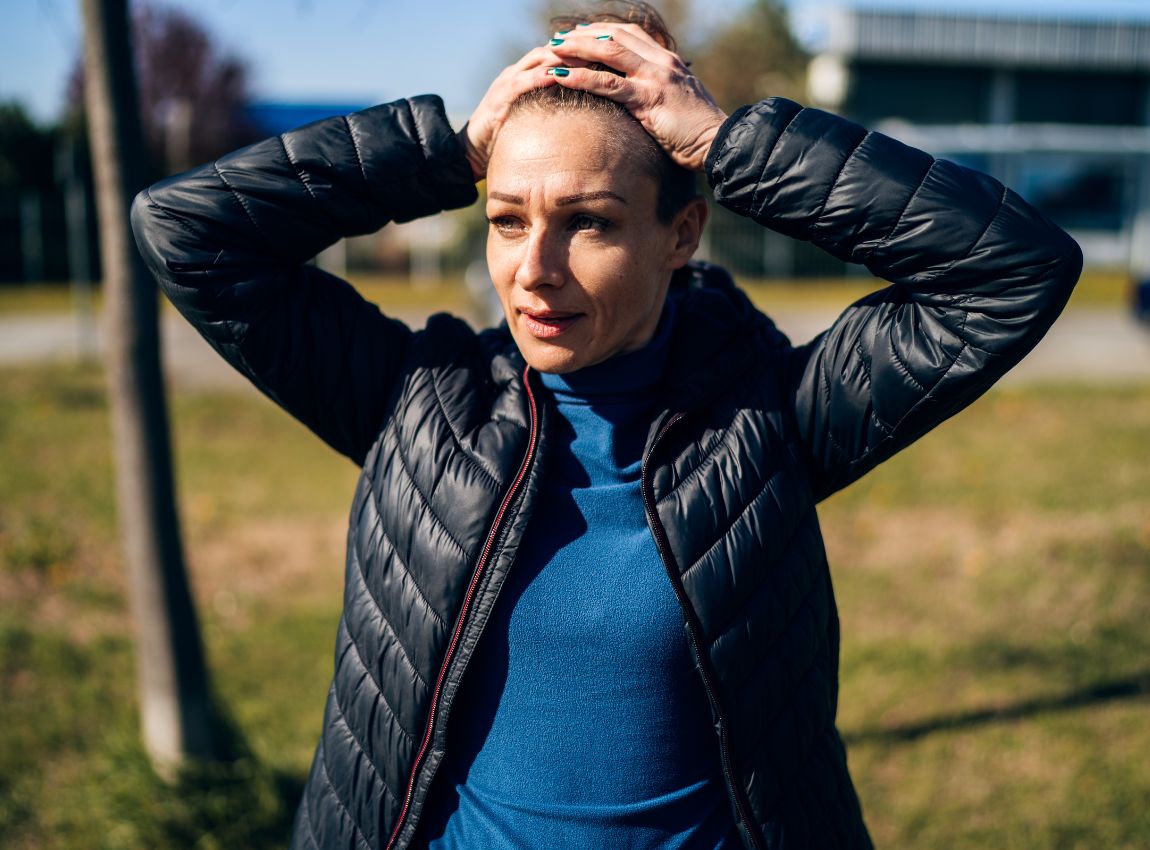For those recovering from dependence on alcohol, staying sober is a daily commitment. The process of recoverydoesn’t end after detox or initial treatment—it requires consistent effort, support, and effective relapse prevention skills. Learning how to manage cravings, cope with stress, and navigate triggers is essential to maintaining sobriety and living a healthier life.
Whether you’re newly sober or in ongoing recovery, understanding how relapse happens and how to prevent it is key to long-term success.
What Is Relapse in Alcohol Addiction Recovery?
Relapse is a return to drinking after a period of abstinence. It often unfolds in stages:
Emotional relapse: Mood changes, isolation, or neglecting self-care
Mental relapse: Cravings, fantasizing about alcohol use, or minimizing the consequences of drinking
Physical relapse: Consuming alcohol or other drugs again
Using targeted relapse prevention techniques can stop the progression at any of these stages, helping individuals maintain control and stay on track.
Why Relapse Happens
There are many factors that contribute to relapse in people recovering from alcohol and other drug addiction. These may include:
Mental health conditions like depression, anxiety, or PTSD
Triggers such as stress, conflict, or exposure to alcohol
Lack of coping skills when facing difficult emotions
Overconfidence in being able to “handle” a drink
Disconnection from supportive friends or recovery communities
A key part of preventing relapse is recognizing high-risk situations and preparing for them in advance.
Relapse Prevention Skills That Work
Effective relapse prevention skills empower people to avoid returning to alcohol or other drugs. These skills should be part of a comprehensive treatment plan and include:
Coping strategies for managing stress and cravings
Mindfulness-based relapse prevention techniques to increase awareness of thoughts and feelings
Regular use of mindfulness meditations to stay grounded in the present moment
Support networks, including narcotics anonymous, Alcoholics Anonymous (AA), or group therapy
Avoidance of situations involving drugs and alcohol
Keeping physically active to improve physical health and emotional regulation
These relapse prevention tools work best when tailored to individual needs, often with the help of trained treatment providers.
Reach Out for Help With Addiction
Are you struggling with addiction?
Royal Life Centers at Chapter 5 is here to help you recover. Because we care.
The Role of Mental Health in Relapse Prevention
Addiction and mental health are deeply connected. Untreated mental health issues—such as trauma, bipolar disorder, or anxiety—can significantly increase the risk of relapse. That’s why modern treatment programs focus on integrated care that addresses substance use disorders and mental health conditions simultaneously.
People who receive support for both conditions are far more likely to maintain sobriety and avoid relapse.
Mindfulness-Based Relapse Prevention (MBRP)
One increasingly popular approach is Mindfulness-Based Relapse Prevention (MBRP). This therapeutic method combines cognitive-behavioral techniques with mindfulness meditations to help individuals become more aware of their internal experiences without acting on them.
MBRP helps people:
Recognize cravings as temporary sensations
Create space between thought and action
Develop healthier responses to emotional triggers
Cultivate self-compassion during setbacks
Practicing mindfulness regularly can significantly reduce the risk of relapse and support ongoing recovery.
Creating a Personalized Relapse Prevention Plan
A detailed relapse prevention plan provides clear strategies to follow when faced with temptation. It may include:
A list of coping skills for emotional regulation
Identified personal triggers and how to manage them
Contacts for supportive friends, sponsors, or treatment providers
Daily routines and healthy habits
Emergency steps if cravings become overwhelming
Connections to levels of care such as outpatient therapy, sober living, or group support
Reviewing and updating this plan regularly ensures it stays aligned with your current needs and challenges.
Support Systems and Community
Strong social connections play a vital role in reducing the risk of relapse. Being around supportive friends, recovery peers, and mentors creates a sense of accountability and belonging.
Recovery groups like Narcotics Anonymous, Alcoholics Anonymous, and SMART Recovery provide judgment-free spaces where people can share experiences and gain strength from one another. Engaging with these communities helps individuals maintain momentum—even when they face setbacks.
Treatment Options That Support Long-Term Recovery
Effective relapse prevention begins with quality treatment. Programs that offer multiple levels of care—including detox, inpatient rehab, outpatient treatment, and aftercare—give individuals the tools they need at every step of recovery.
These programs often include:
Research-based therapy
Medication-assisted treatment (MAT)
Holistic therapies (yoga, nutrition, meditation)
Family counseling
Dual diagnosis care for addiction and mental health
Many individuals benefit from returning to previous levels of care if they feel at risk, which helps prevent relapse before it happens.
Final Thoughts on Relapse Prevention for Alcoholism
Preventing relapse is not about perfection—it’s about persistence. With the right relapse prevention tools, strong community support, and continued engagement in addiction treatment, people can build a fulfilling life free from alcohol and other drug use.
If you or a loved one is navigating the process of recovery, don’t wait to seek help. Contact professional treatment providers today to learn how a personalized treatment plan can support lifelong sobriety.
- Meth Mouth: The Tell-Tale Sign of Crystal Methamphetamine Abuse - January 26, 2026
- What Does Meth Look Like? How to Identify Crystal Methamphetamine - January 19, 2026
- Snorting Ice: Understanding Slang Terms for Crystal Meth Use - January 12, 2026






